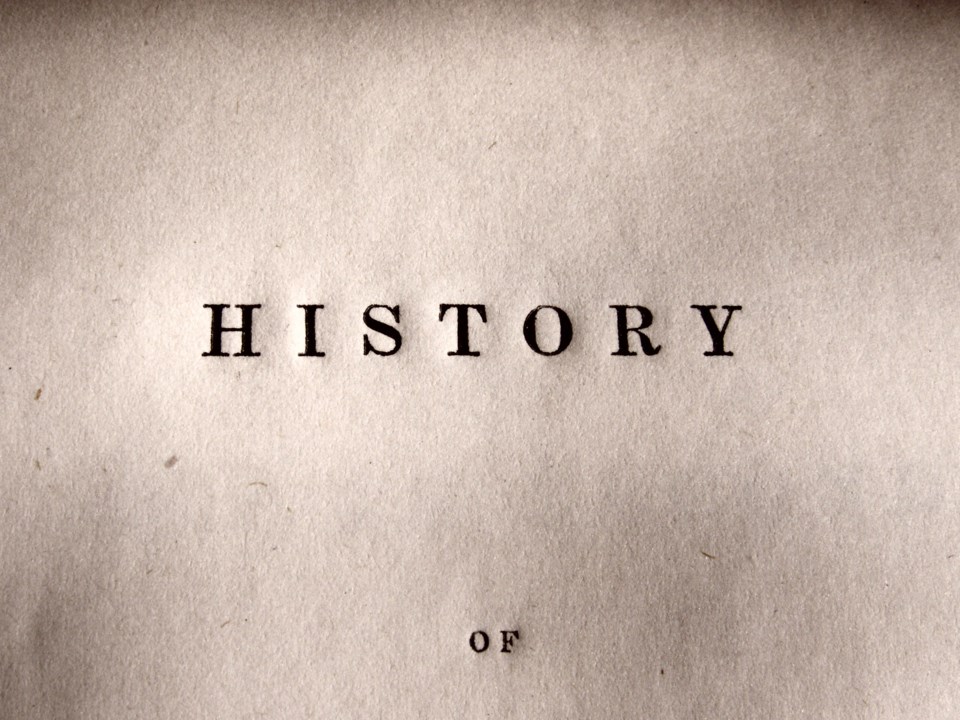Dear Peanut:
Long before your great-grandparents were born, a century of peace was coming to an end on a continent far away. All appeared well: the world map had never looked so simple, great powers were held in check by one another, and disputes were solved by refined aristocrats, popularly elected leaders, or well-trained bureaucrats. Yet underneath this facade, every nation had made secret plans to conquer their neighbour if the right opportunity arose.
The precipitating event for global conflict was one man’s murder in 1914. Ironically, the Archduke Franz Ferdinand whom Gavrilo Princip assassinated was sympathetic to demands for a free Bosnia. But an impatient radical’s deadly aim triggered all of the overlapping alliances in Europe. Conscripts were marshalled and marched toward the borderlands at an unprecedented speed. “The war would be over by Christmas,” everyone declared; and indeed it was - in 1918.
There are no polite words to describe the intervening four years of industrialized warfare. But we must not make the mistake of believing it was identical on every front. With Germany as our centre point, the Eastern front mimicked the battles of the Napoleonic era in many respects: cavalry was still tactically vital, and great sweeping movements as well as encirclements were the strategic goals. The Central Powers technically won there, as per the Brest-Litovsk treaty.
The Southern front in Italy as well as the warfare above or below the North Sea and the Atlantic was also dynamic, with gains and losses by both the Axis and the Allies throughout the entire conflict. But on the Western Front, in a line stretching 400 miles from Belgium’s coast to the Swiss border, a war of attrition went on from the fall of 1914 to the Armistice in 1918. For the tiniest changes on this thin strip of no man’s land, it’s estimated that over five million men died.
I must confess that figure staggers me as well, to the point where I feel responsible, even requiring absolution, despite all of this happening long before I was born. On hitherto unknown fields in France - Flanders, the Somme, Ypres - an entire generation from all over the globe met their doom by merciless means: artillery, bombs, bullets, gas, and mines. If one was not mortally wounded, infection or disease lurked in the trenches as well as camps at all hours.
Clearly, our capacity to wage war had evolved to inhuman proportions. Simply put, it was easier to multiply shells than soldiers. The exponentially repeatable were unleashed upon the finitely irreplaceable. Never had so much death occurred in such a short time. But now that you have been told what started the war and how it was prosecuted, it is natural to ask what was the final result, and what lessons, if any, did we learn from the so-called “war to end all wars?”
The defeated had their royal houses abolished. In Russia, the Bolsheviks executed the Czar and his family. All three of these former monarchies became totalitarian after brief hopes for democracy. Europe was redrawn by the victors during the 1919 Paris peace conference without consultation of the peoples who would call these borders home. Finally, all the war guilt as well as the costs of the conflict were placed on the new German government’s shoulders.
Many saw the Versailles Treaty as a 20-year truce that would result in a second conflict in Europe. In September 1939, that prediction became true as an even more destructive war began.
Indeed, from the Russian Revolution in 1917 to the conflicts around the globe today, our fractured and frictional geopolitical reality is an ongoing result of the Great War. In short, since the first men began to board trains bound for battle lines in 1914, peace has not been achieved.
I wish history was more reassuring, child. But just as the war machine’s appetite grows beyond human control, so our capacity for peace dwindles to a cynical pragmatism. There is but one hope: that all common folk, “beat their swords into plowshares...and learn war no more.”
Nathan Giede is a Prince George writer.



